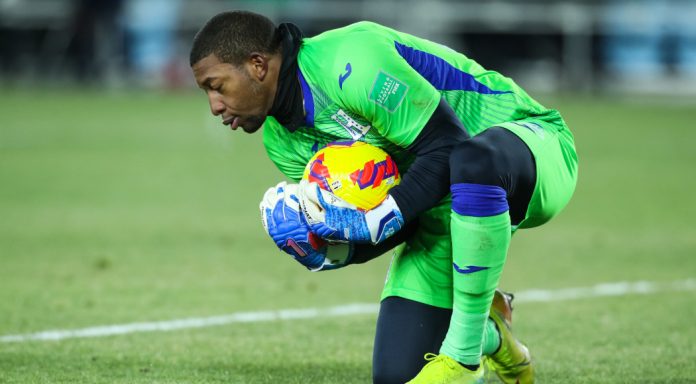After two players of the visiting squad were replaced due to sub-zero conditions, United States coach Gregg Berhalter defended the choice to hold Wednesday’s World Cup qualifier against Honduras in cold Minnesota.
The CONCACAF qualifier in St. Paul, which the USA won 3-0, began with a temperature of roughly -16 degrees Celsius.
Both teams’ players wore many layers of gear to the game, with some wearing balaclavas in addition to gloves and thermal jerseys.
Oshane Nation, a Jamaican referee, donned a balaclava and gloves during the match.
Two players were changed at halftime, according to the Honduran national team’s Twitter account, “due to the terrible weather conditions prevalent in the stadium.”
The players that were harmed were not named. At halftime, Honduras made three changes, removing goalkeeper Luis Lopez and midfielders Diego Rodriguez and Romell Quioto.
Concerns about the harsh temperatures and potential danger to player safety had been expressed in the run-up to the game, with some thinking the US should have chosen a warmer location.
In a post-match news conference, Berhalter, on the other hand, fought back against criticism of the stadium.
When asked whether he thought the issue with the Honduran players should lead to a rethinking of the venue, Berhalter said: “That is a very tough topic to respond to.
“What I’d say is that we gave warm weather apparel to Honduras, as well as their personnel and referees, as well as headgear, in order to make it a safe atmosphere for them to play in.
“When we travel down to those nations, the weather is 90 degrees with horrible humidity, and the soldiers are dehydrated, cramping, and suffering from heat exhaustion. That is the essence of our rivalry.
“You know, you have to go by typical temps when you arrange a game and a site.”
St. Paul was picked partially because of its closeness to Hamilton, Ontario, where the US faced Canada in icy conditions on Sunday, according to Berhalter.
“We want to travel as little as possible. We knew two of the games would be played in the cold, therefore we prepared accordingly “he said
“Instead of altering climates, we decided to do it in the third game as well.
“The cold snap hit, and although it’s something we can’t control, all we can do is attempt to lessen the risk by wearing warm weather clothing and getting out there and participating. That’s exactly what we did.”


